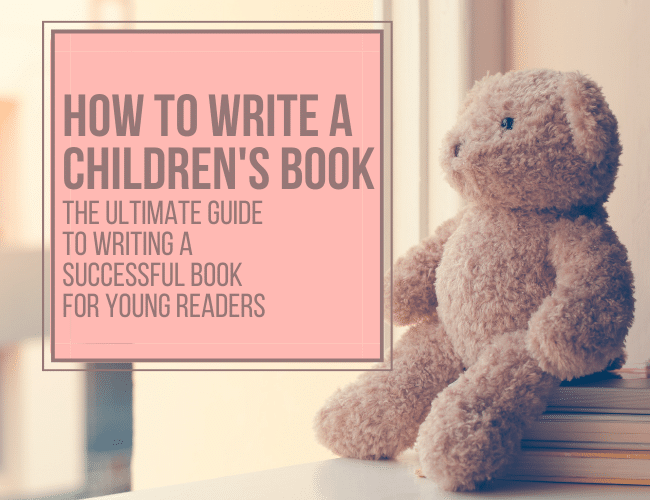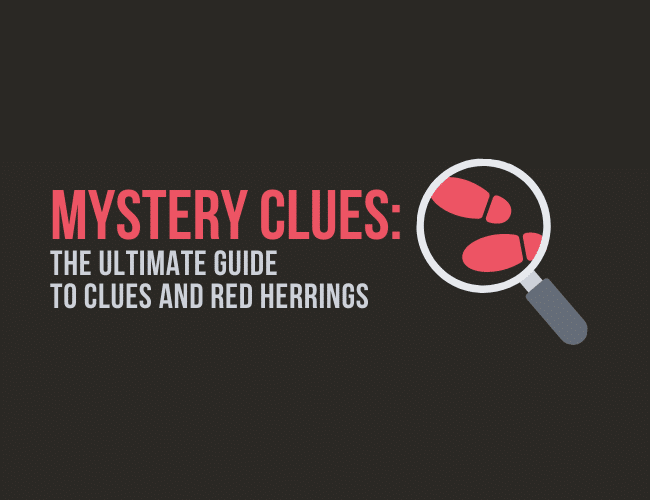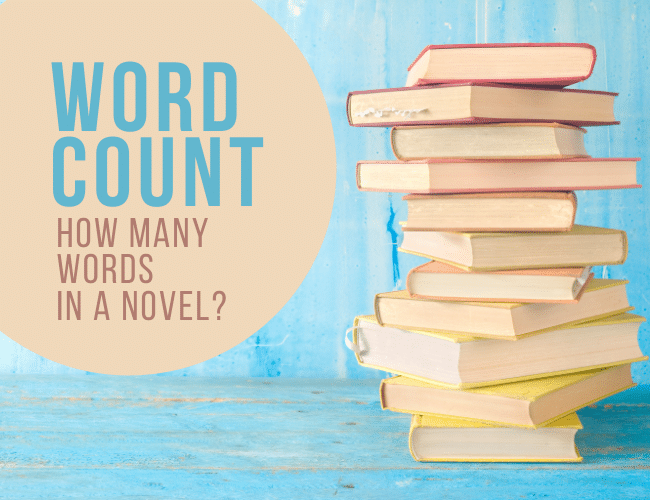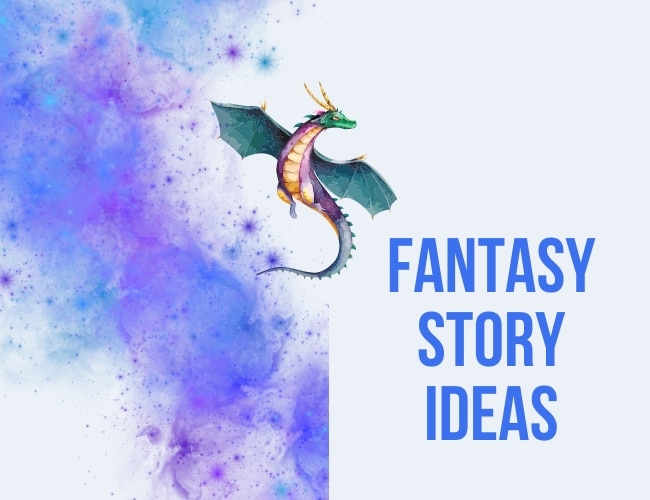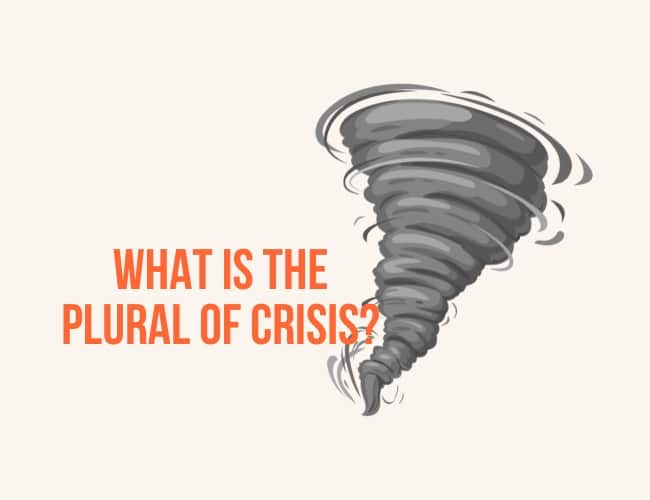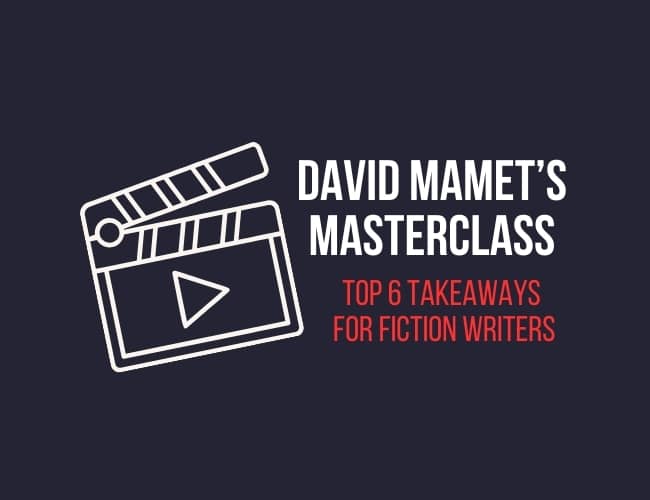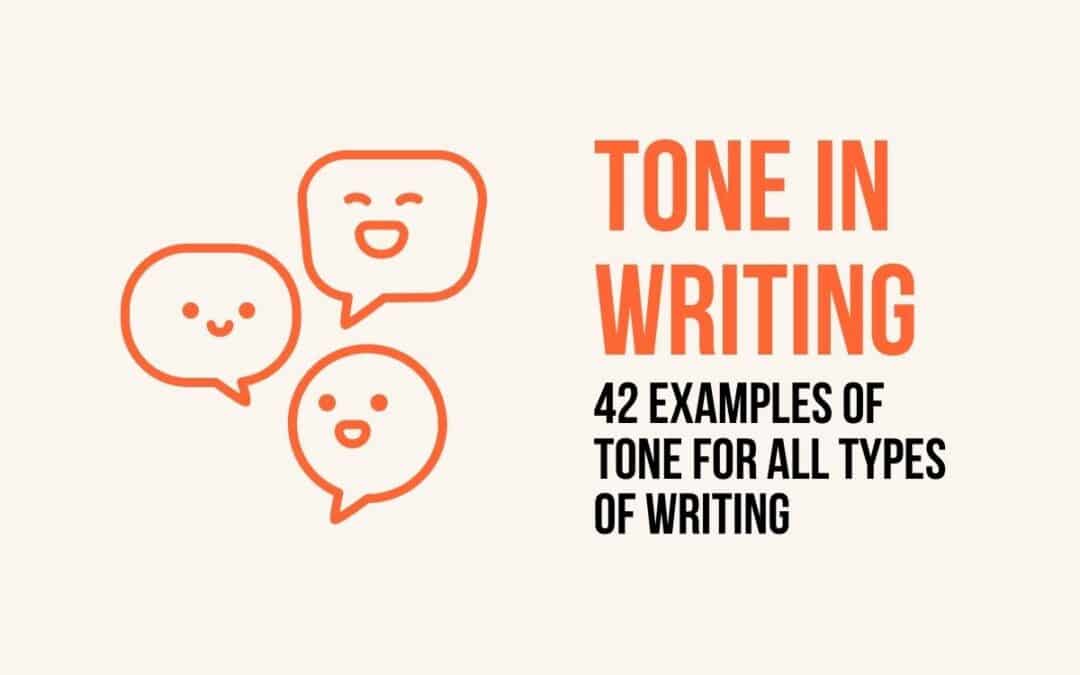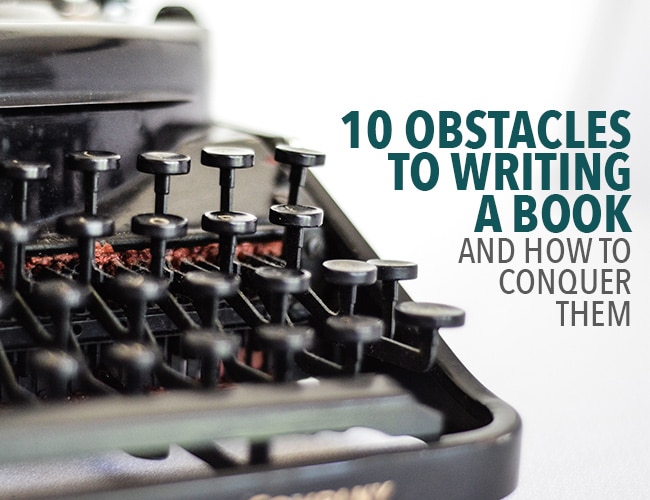It’s a new month and time for a fresh set of May writing prompts to keep you practicing all month long.
An integral part of the writing process and building your writing skills in general is consistent practice. You can use prompts in a variety of ways to make your daily writing habits stick. Try this set of daily writing prompts to keep growing!

